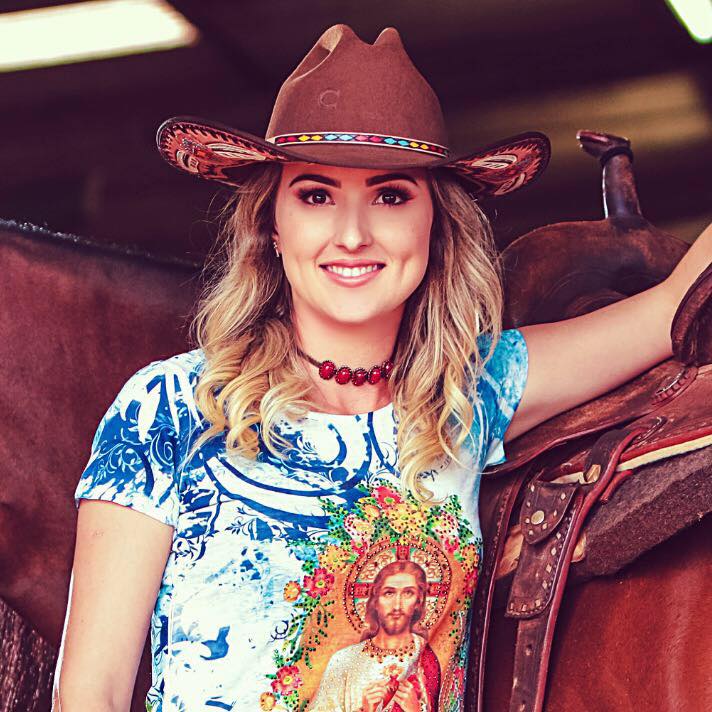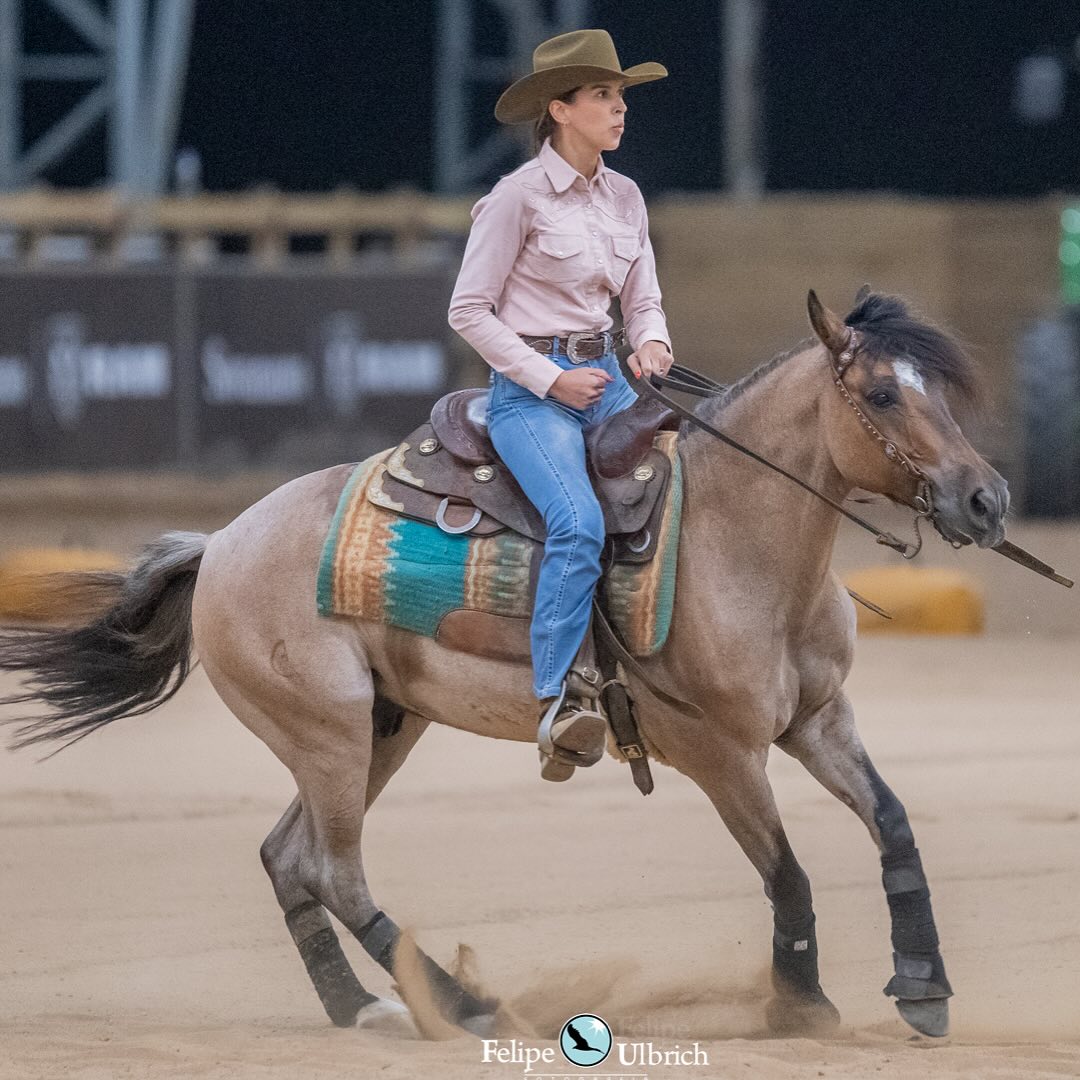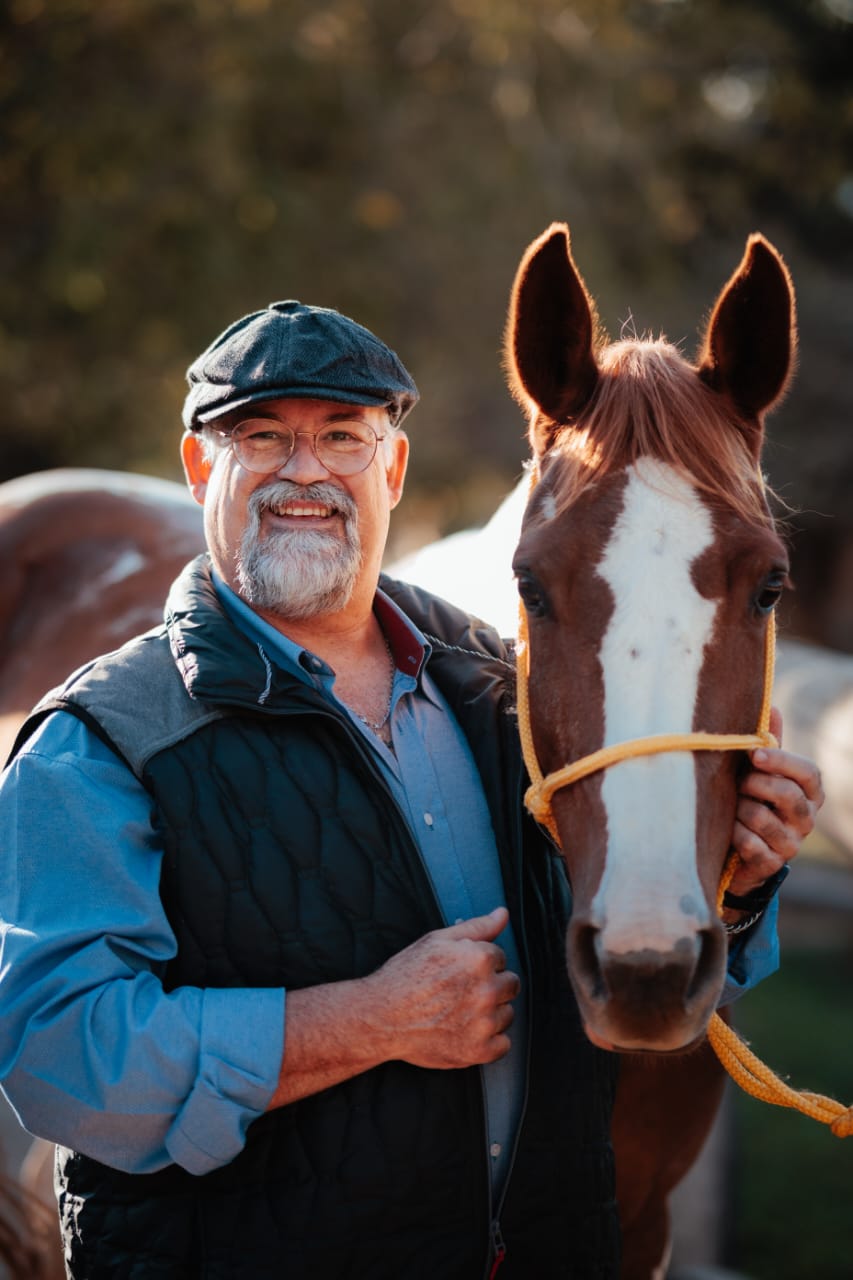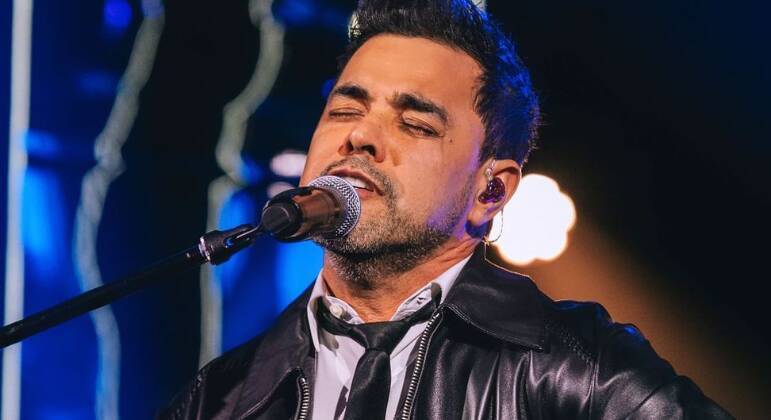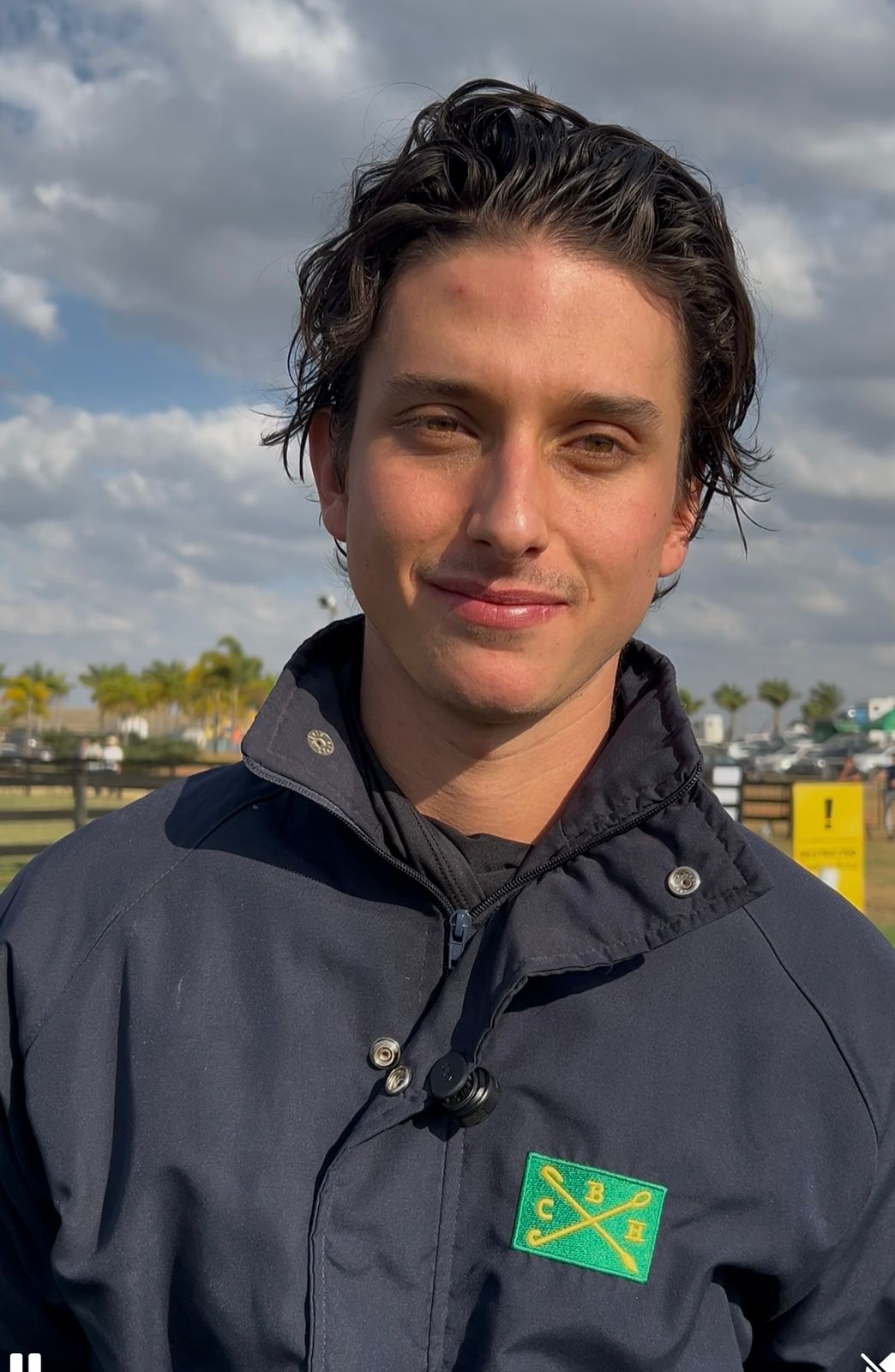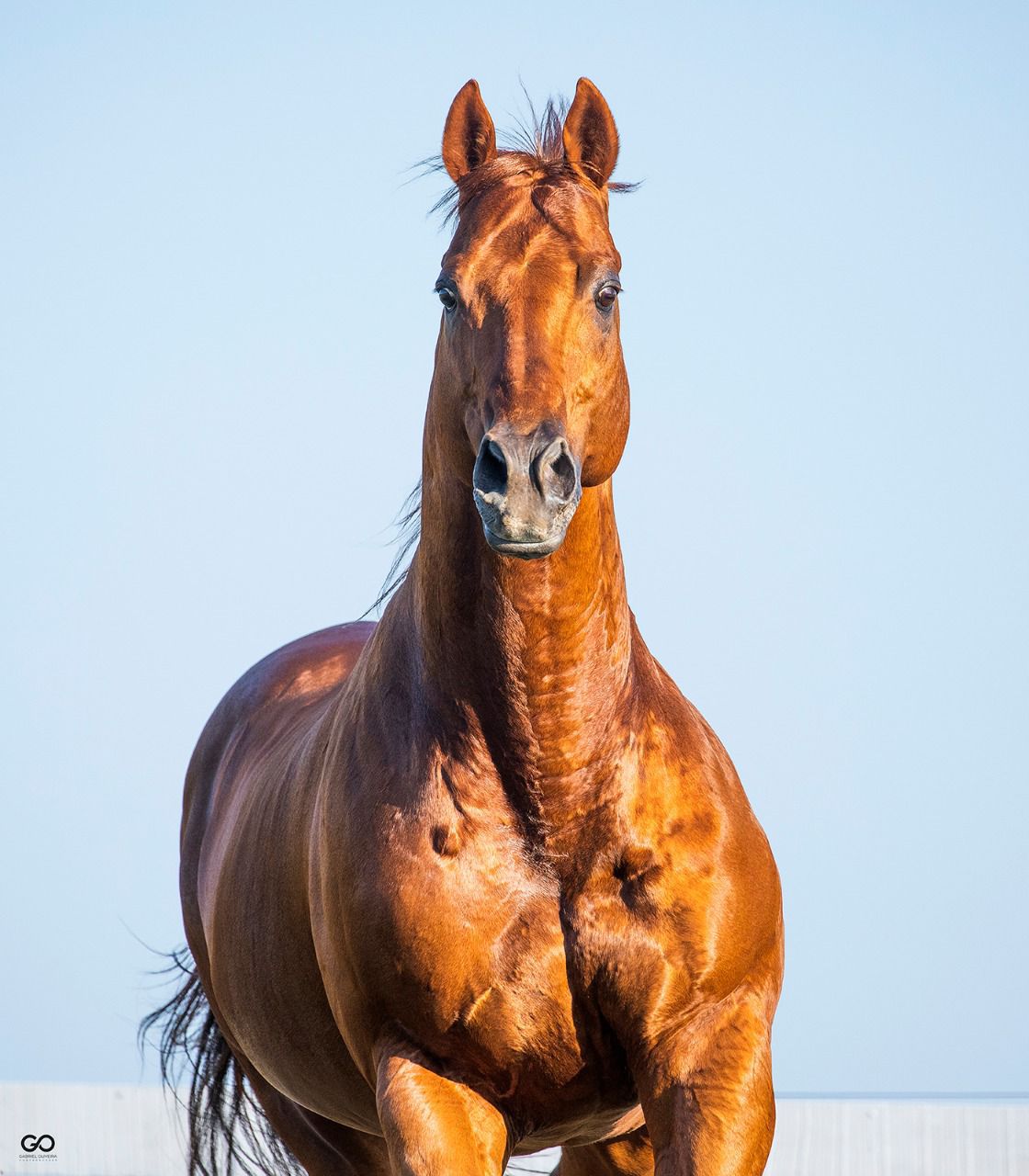Constant presence in the greatest tests of Barrel Racing, the young woman today trains her horses, manages the haras and still has time to be president of the NBQM and the board of the ANTT

Few people arrived where she reached age 26. Her entire family is attached to the Quarter Horse, father, mother and siblings, a well-developed breeding of speed horses and she went to college and participated in competitions. She could have continued like this, enjoying her surroundings, her animals, her friends. But she dreamed up! She sought to learn training techniques, to know more about high performance animals and also to take on the responsibility of training her trial horses and administering her horse farms. If this were not enough, this season she is also the president of NBQM and is on the board of ANTT.
Martha Herweg was born in São Paulo, capital, and lives in Bauru, countryside, since she was a child. Her family owns the Haras Agae, one of the renowned breeders of the Brazilian equestrian scene. Not only for having scoring and winning animals, but for the genetic quality and seriousness with which they deal with the business. Leisure for the whole family, moments shared with friends, but also a company, in a way, that needs to be well managed and bear fruit.
Much loved by all, Petit, as she is affectionately known, transits well through the Barrel Racings, Six Beacons, Ranch Sorting and Team Penning, having already participated in the test of Five Drums as well. The Agae has several horses in training, but her oldest companions nowadays are Ultra Red Agae and Watch Agae. The achievement she holds dearly is the recent victory at the ABQM GP during the 2017 Congress, where she scored 16s8 with Django Red Agae. A life inside the horse and that we will know a little more about with the interview to follow. Check it!

How everything started?
Petit: I do not remember exactly when it was my first contact with horses, because since my childhood my parents had taken me and my brothers to ride horses on the farm. But I remember that I did not like it (laughs), I always cried because I could not control my horse.
Has your family raised horses since when? How is your relationship with the horses?
Petit: Yes, my grandfather started breeding in 1982, acquiring several highly respected breeders at the time of King Ranch Brazil and also some imported stallions. Nothing aimed directly at the sport, they were horses of lineage from work to race, however they participated more of tests of Conformation, that was the fashion of the time. As my father always worked on the farm (he is an Agronomist), my mother had the idea of putting us in the Drum and Beacon school of Lu Moreira in Bauru, since we had many horses and we had not yet created that passion for any common sport until then. I came in at age nine and my older brother at 11 (my younger brother started a year later). In the first few months I did not like it very much, I was very scared and I did not know how to control my horse, but I really enjoyed the training environment, the other little pupils, so I did not want to stop. Training centers are essential to start new competitors.

Tell me about your first test.
Petit: It was in Bauru, in June of 2001, a stage of the NBQM (that today I am president). I competed with a little palomino mare from the little school, who was very meek, made the journey alone and went in a calm gallop, called Dancer. My whole beginning was with her, but after this test I ran one more and we found out that she was pregnant, so I had to change horses, which was my first big challenge, since there was no other horse of that style for me. I remember until today that when I was inside the lane I thought it was soooo fast, like, if it were impossible to go faster than that. I was super happy until I saw the video from my past and realized that I was very slow. I was very disappointed (laughs).
And then?
Petit: After I had to stop assembling the Ballerina, I went to experience a lot of little horses, but I was the youngest in the class and the other horses were very ‘forward’ for me. But my parents were crazy and did not care and I did not understand anything either, going wherever they were going. Then one that fit in later was Mareska (coincidentally, Dancer’s daughter), but she was much more difficult. I spent a few months running with it, until one day I fell and I broke my arm. I did not take any trauma from it and went back to the saga of looking for a gentle horse. Mareska could no longer ride (laughs). I went through many crazy horses that were going for the fence, giving SAT and firing, some stepping up, others kicking (laughs) several adventures. Until we decided to put two of our filly to start dressage.

So the thing started getting more serious?
Petit: Yes. Our coach spoke well of the father and grandfather of these two fillylets (they were the daughters of Shady Blue – Shady Leo). And it was with them that we began to gain proof. Operetta Agae was mine and Nascent Agae was my brother’s.We won a lot of test with them, including Operetta was Champion Foal of the Future ABQM at Barrel Racings in 2002!Then we got a taste for it and Lu chose some more horses to tame there. Soon after came Pom Pom Agae and Quantun Agae. With these two I graduated more, because they ran a lot and were very faithful. We won a lot of races and often had the best time of the race by winning even the coaches (I was only 14 at the time). Unfortunately, at that time there was no internet and we had no idea how to take care of an athlete horse. After about four or five years competing, the two had to stop because they hurt. I went from winning everything in all the races to three years of not winning anything else.
How did you revert that and decided to perfect yourself and take the sport seriously?
Petit: I confess that I was getting very discouraged, it was well in the college applications period too, I was not even going to practice. I got into college and when I was in the second year, there was an opportunity to be a student exchange in China, to ride horses, to compete and to make presentations. As I was in the stage of not gaining anything here, discouraged and my college was public, I could lock it at no cost, I convinced my parents to support me in that (laughs). And it was my ‘ace in the hole’, I began to really learn to deal with horses! There I had the coach Matheus Costa in the first months and then the Bruna Tedesco, who had a lot of patience with me and taught me a lot! Not to mention some tips the Americans gave us as well.

Returning to Brazil, I still had four months off without college, I decided to take a couple of my horses and start applying the techniques I had learned in China. My dad made me watch several DVDs and read books about dressage and reins before too, for me to learn the theory right (laughs).
The result came in the first race, I won and made the first 17-second time of a mare who was two years old at the age of 18. That made me crazy and I always wanted more (laughs). I chatted a lot with coaches, seeking tips from the coaches I liked. A year and a half after I returned from China we hired Sidnei Junior to be the coach of Haras Agae. He spent two and a half years with us and I learned a lot at the time. Then came the S. Dito Monzinho, with whom I learned even more. I was very lucky to have had such good professionals teaching me always.
This year (2017) I decided, for the first time, to manage the Haras by myself. I myself trained my horses, my way, the way I thought it was right. I’ve had good results already, but there’s still a lot left, but I always chase after the things I want.

Which horse is the most important to this day?
Petit: Difficult, but I think it was my filly and first mare, the Operetta Agae. With her I did my first 19, first 18 and first 17! I was able to enter for the first time the podium of a Congress.Not to mention how much I learned to deal with bravest horses, because she was very hot. So I had to learn to control her and I think it was essential to everything I know today. It was with her that I began to learn to be sensitive to horses.
How is your routine in day-to-day practice and testing?
Petit: Every day I wake up early, I get to Haras for about 7 AM and I train the horses that go to the weekend race. Those of the next race I leave for someone who works there in Haras with me to go keep them.When there’s more time, I work out a few extras in the afternoon as well, but usually in the afternoon I have to do something else in the Haras, in the administrative area. In the tests I try to stay focused and keep what I do at home.

Do you dedicate yourself exclusively to the horse or have other activities?
Petit: I finished my college in August of that year, Product Design. Finally I spend all my time at Haras, but training is the easiest and the least time consuming, taking care of the horses and Haras is the most complicated. Almost every day some horses get hurt, they are like children, we have to order the medicines, they have to visit the veterinarians, which is practically every week, to cross them, to manage the pastures with the foals, for proof, certificates, not miss vaccination date, vermifugation, whole troop casing and have the farrier of the test horses, order ration, do not let lack supplements. It seems silly, but every day has something to worry about, it can be crazy (laughs) and occupy the time well.

Petit: I do not see myself nowadays in any environment other than this. I am very grateful of all my family to be as passionate about horses as I am, because it is a sport that requires a lot of support, the pressure is very great. Not having a family support makes everything more difficult, especially on bad days, right. I value the family very much, I have always been brought up that way and I believe that having this respect for my parents and siblings was essential for me to give the same treatment with my horses, which I consider all as my children and after that bond is created there is no more stopping it!
What do you want to conquer yet?
Petit: My dream now is to conquer a Drum Future Foal at ABQM or some Slot Race! Foals are a big challenge for me and next year I will devote much to it! And I would also like very much to win a title of ANTT. I never participated in a rodeo and this year I decided to follow ANTT, because there are very organized and official steps by ABQM. Another more distant dream would be to one day compete in the United States and qualify for National Finals Rodeo in Las Vegas, but this one is much more distant (laughs)!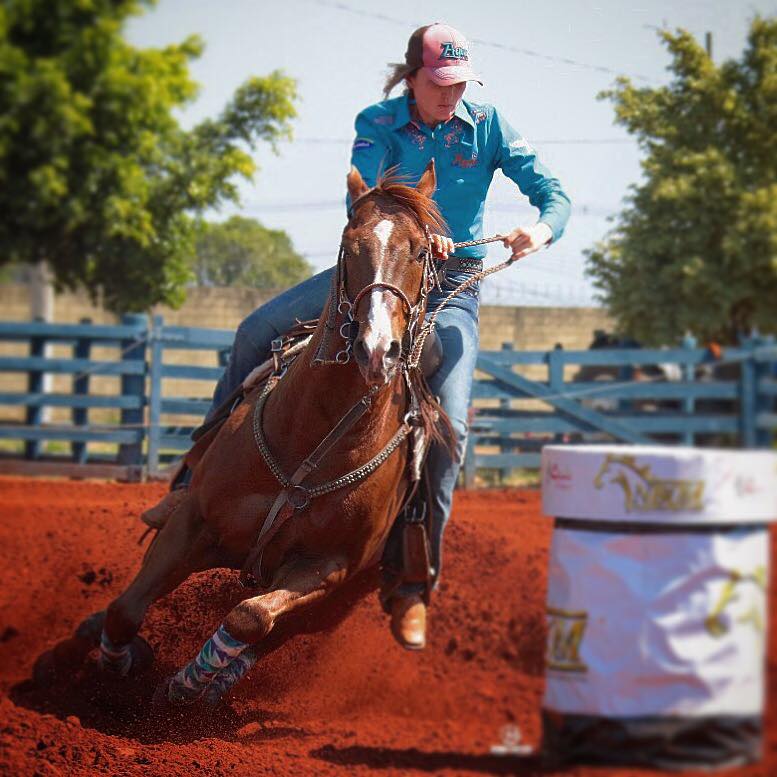
Interview by Luciana Omena
Translated by Jéssica Freitas Santos
Photos: personal archive

